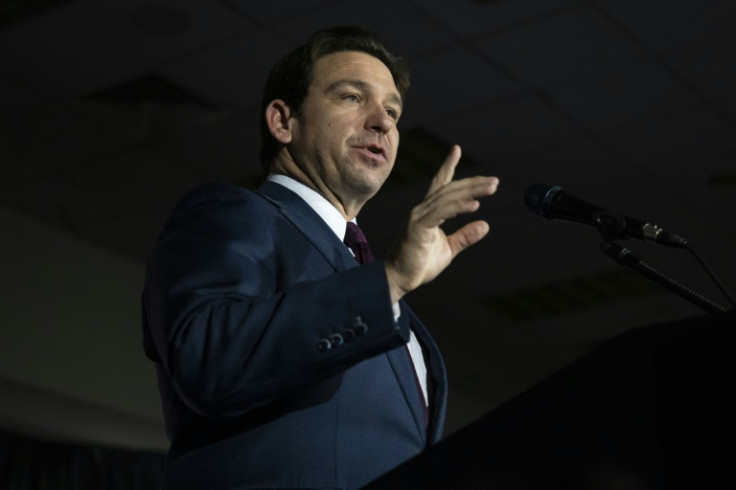Florida Lawmakers Push To Ban Social Media For Children Under 16

Florida moved Thursday towards enacting what would be one of the strictest bans on children's use of social media in the United States after the state Senate passed a bill to keep those under 16 off such platforms.
The controversial bill seeks to protect children's mental health against the "addictive features" of such platforms, amid fears over online dangers including from sexual predators, cyber bullying and teen suicide.
The legislation, which was approved 23-14, will now go back to the state House. It has already passed there, with the House speaker championing the legislation, but changes made in the Senate need to be approved in the lower chamber.
It would then have to be signed by Republican Governor Ron DeSantis, who has expressed skepticism about the legislation. Similar efforts by other states have previously been blocked by courts.
"We're talking about businesses that are using addictive features to engage in mass manipulation of our children to cause them harm," the bill's sponsor, Republican Erin Grall, told the Florida Senate on Thursday.
But DeSantis, who has previously said he is sympathetic to fears over the impact of social media on children, voiced concerns about parental rights.
"A parent has the right to opt in," he told a press conference Thursday.
The governor has argued many times that parents should have more control over decisions affecting their children, particularly in education.
Under DeSantis Florida has passed laws to curtail teaching about sex education and gender identity in schools and to eradicate diversity programs in state-funded universities.
Scores of books have been removed from the state's school library shelves in recent months, deemed inappropriate for children by conservative parents and school boards.
Some critics say such a law targeting social media use would violate the First Amendment of the US Constitution, which guarantees freedom of speech.
Last year a federal judge blocked an Arkansas initiative that sought to require parental consent to open a social media account.
Most social media networks already have a minimum age of 13 to open an account, though they do little to ensure compliance with the provision.
If the regulation is approved, the platforms will have to block children under the age of 16 from creating accounts and close those already opened.
© Copyright AFP 2024. All rights reserved.




















